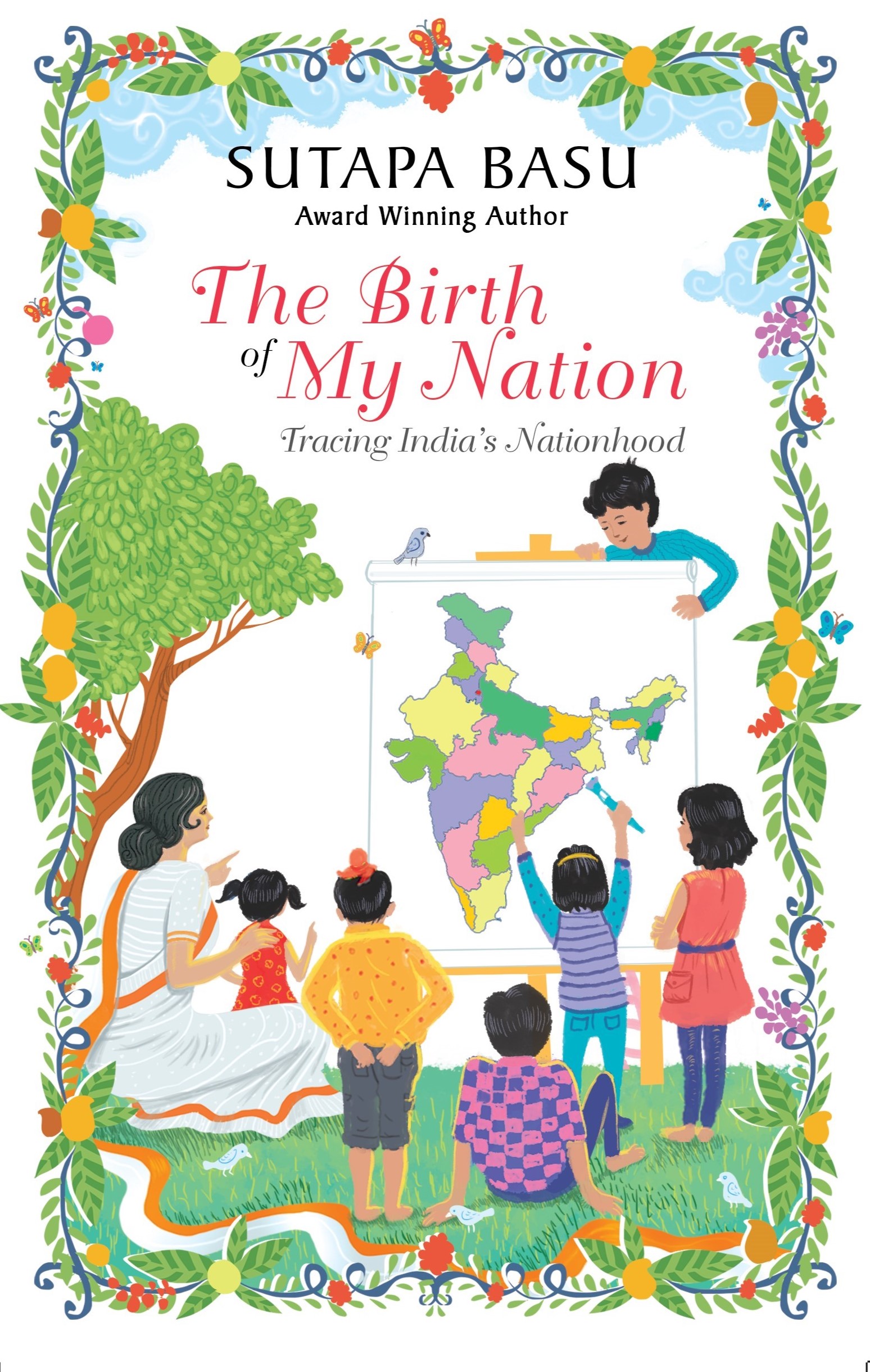
The book Birth of my Nation written by Sutapa Basu is a well-researched work of non-fiction that focuses on an important historical milestone, the integration of India. In contradiction to the perception of history being bland and boring, the simple yet interesting anecdotal style of the author imbues historical facts with a multi-hued layer of engagement, and enthrallment.
From quirky facts about historical figures to sublime nuances about India’s evolution, from small indistinct states to a mighty collective consciousness; Sutapa’s book will help children develop a strong sense of identity empowered by the understanding and appreciation of India’s past, and make them proud to belong to the only country in the world that has been united in its diversity for 75 years! I was also happy to see some lesser-known empires find their way into the book, such as the Ahom kings who ruled for nearly 600 years; the Chola empire which conquered parts of Indonesia and Cambodia, or the Pala empire which stretched till Gujarat.
Interesting anecdotes abound, such as those about the Nawab of Junagadh, or the fact that the first revolt against the British happened, not in Meerut, but in Tamil Nadu, by a Queen, long before the first War of Independence of 1857. That the proposal for Jharkhand as a state for Adivasis came as early as 1912, or the interesting source for the names of states such as Tripura or Bihar, make this book truly a voyage of discovery.
A significant aspect of post-colonial India, which we should all know, is how more than 500 princely states were integrated, thereby creating the nation we now know as India, the single-largest socio-political and cultural amalgamation in history. It was only after the integration of these independent states that India rallied under one flag, one government, and became one people. The narrative highlights our rich past and is a wonderful example of how all Indians came together yet retained their uniqueness.
Dr Ruchi Seth, Principal, Lotus Valley International School, a doctorate in Adolescent Psychology from IIT, Delhi.